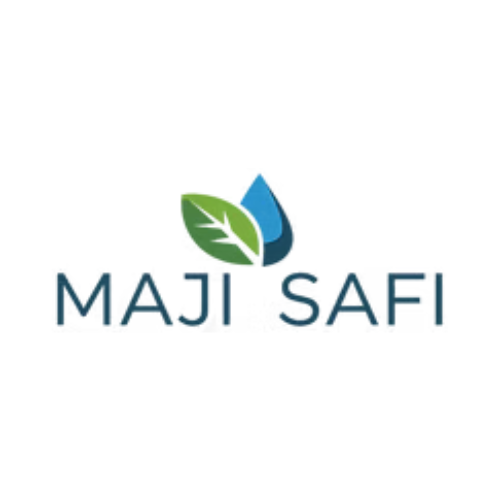Water is a basic necessity for life, but unfortunately, not everyone has access to clean and safe drinking water. This is where Non-Governmental Organizations (NGOs) play a crucial role in providing water sanitation equipment to communities in need. In order to effectively carry out their mission, NGOs need to have the right tools and equipment at their disposal. Here are 5 essential water sanitation equipment that every NGO needs:
1. Water Purification Systems: One of the most important pieces of equipment that an NGO needs is a water purification system. These systems are designed to remove contaminants and impurities from water, making it safe for consumption. There are various types of water purification systems available, including filtration systems, UV sterilizers, and reverse osmosis systems. NGOs should invest in high-quality water purification systems to ensure that the water they provide to communities is clean and safe.
2. Water Testing Kits: In order to ensure that the water being provided is safe for consumption, NGOs need to regularly test the water for contaminants. Water testing kits are essential tools that allow NGOs to quickly and accurately test the water for bacteria, viruses, and other harmful substances. By regularly testing the water, NGOs can ensure that the water they provide meets the necessary safety standards.
3. Water Storage Tanks: Another essential piece of equipment that every NGO needs is water storage tanks. These tanks are used to store clean water before it is distributed to communities in need. Water storage tanks come in various sizes and materials, and NGOs should choose tanks that are durable and easy to clean. Proper storage of water is essential to prevent contamination and ensure that clean water is available when needed.
4. Water Distribution Systems: Once the water has been purified and stored, NGOs need a reliable water distribution system to deliver the water to communities in need. Water distribution systems can include pipes, pumps, and hoses that transport the water from storage tanks to distribution points. NGOs should invest in high-quality distribution systems to ensure that clean water reaches those who need it most.
5. Personal Protective Equipment (PPE): When working with water sanitation equipment, NGOs need to prioritize the safety of their staff and volunteers. Personal protective equipment, such as gloves, masks, and goggles, are essential tools that help prevent exposure to harmful contaminants. NGOs should provide PPE to all staff and volunteers who are involved in water sanitation projects to ensure their safety and well-being.
In conclusion, water sanitation equipment is essential for NGOs to effectively provide clean and safe drinking water to communities in need. By investing in the right tools and equipment, NGOs can make a significant impact in improving access to clean water around the world. If you are an NGO looking for reliable Water sanitation equipment provider, be sure to choose a reputable supplier that offers high-quality products and excellent customer service.
——————-
Discover more on Water sanitation equipment provider contact us anytime:
Specialized Logistics Solutions (SLS) | Water & sanitation
https://www.maji-safi.org/
University Heights – Ohio, United States
Specialized Logistics Solutions (SLS) provides essential Water Sanitation and Hygiene (WASH) equipment, emergency relief supplies, and logistics support to NGOs across East & Central Africa. Trusted solutions for humanitarian aid.
